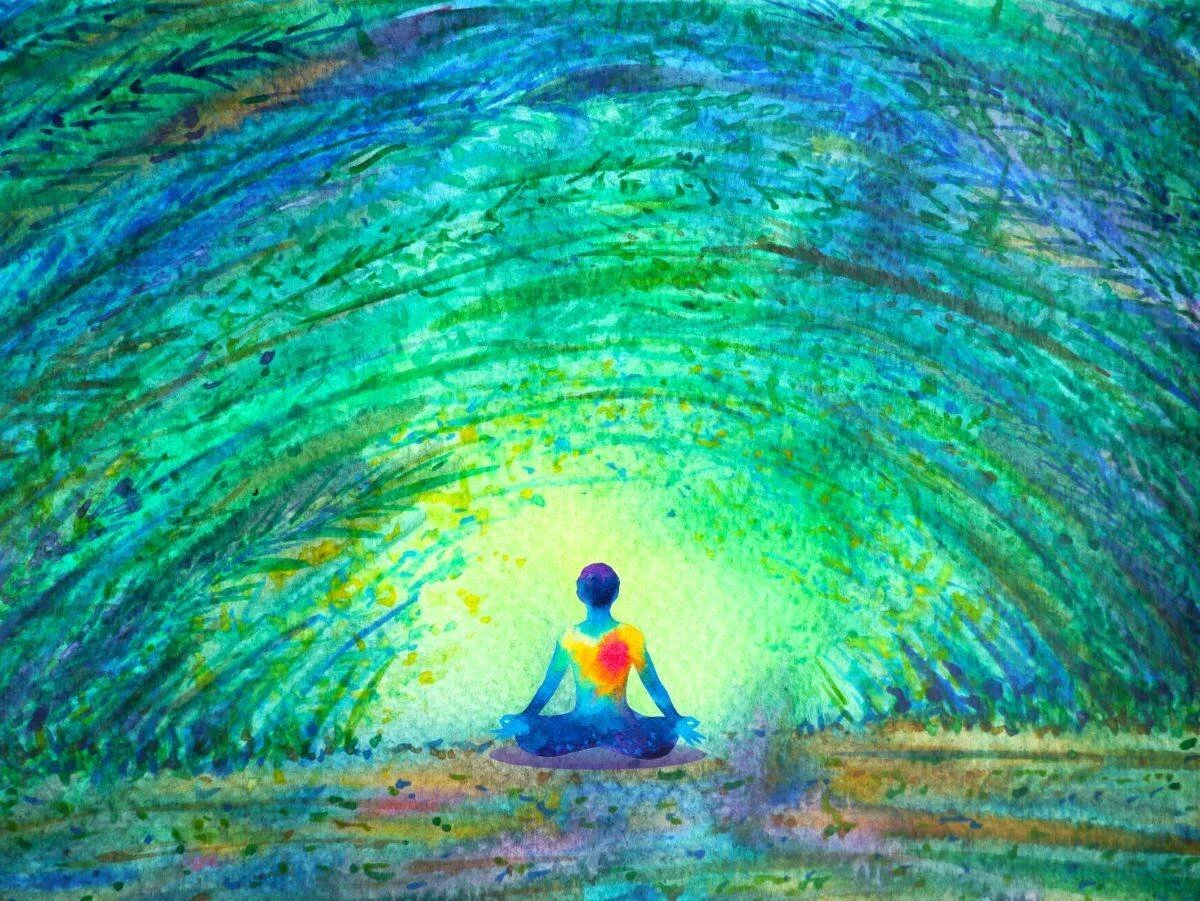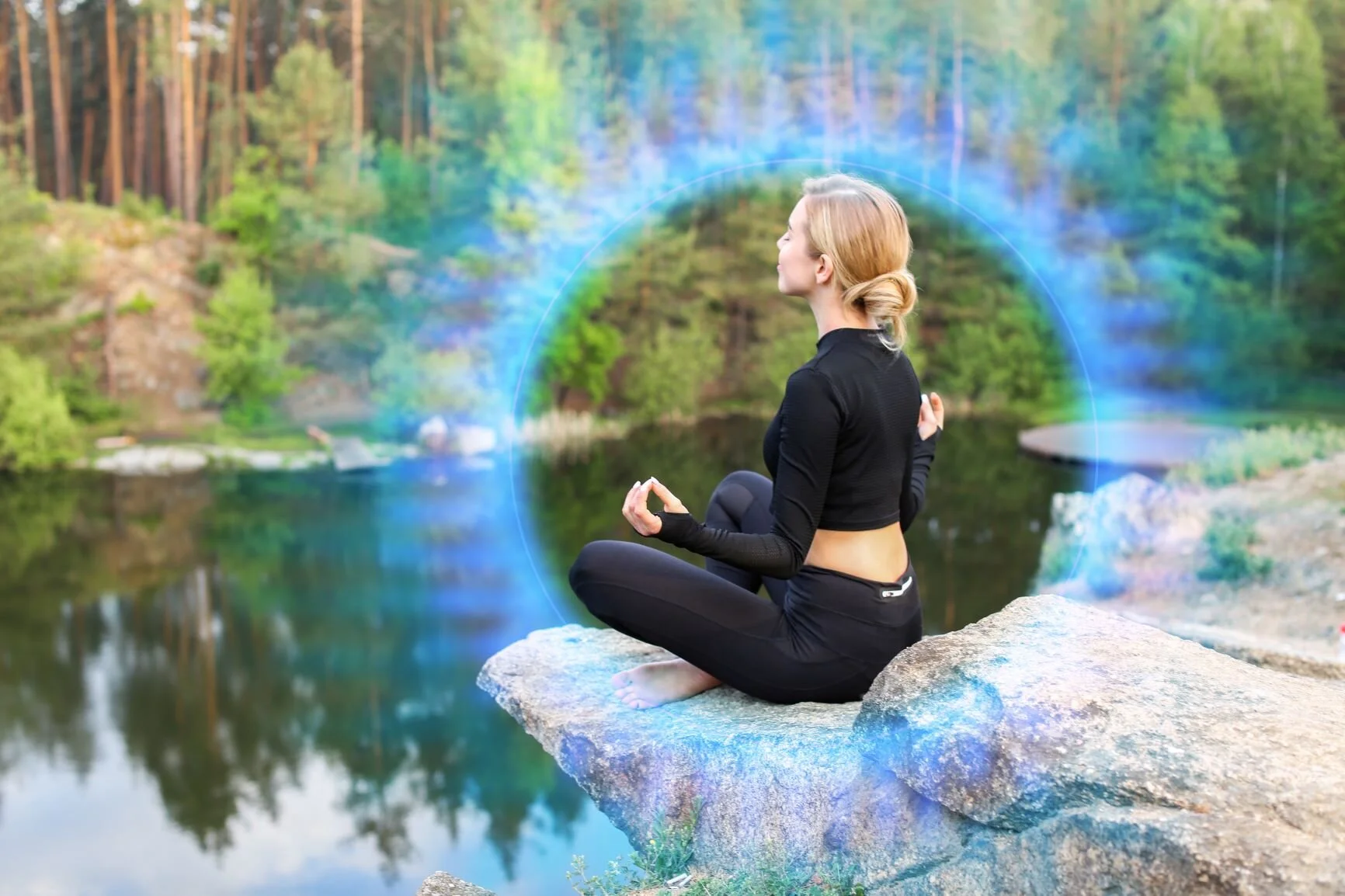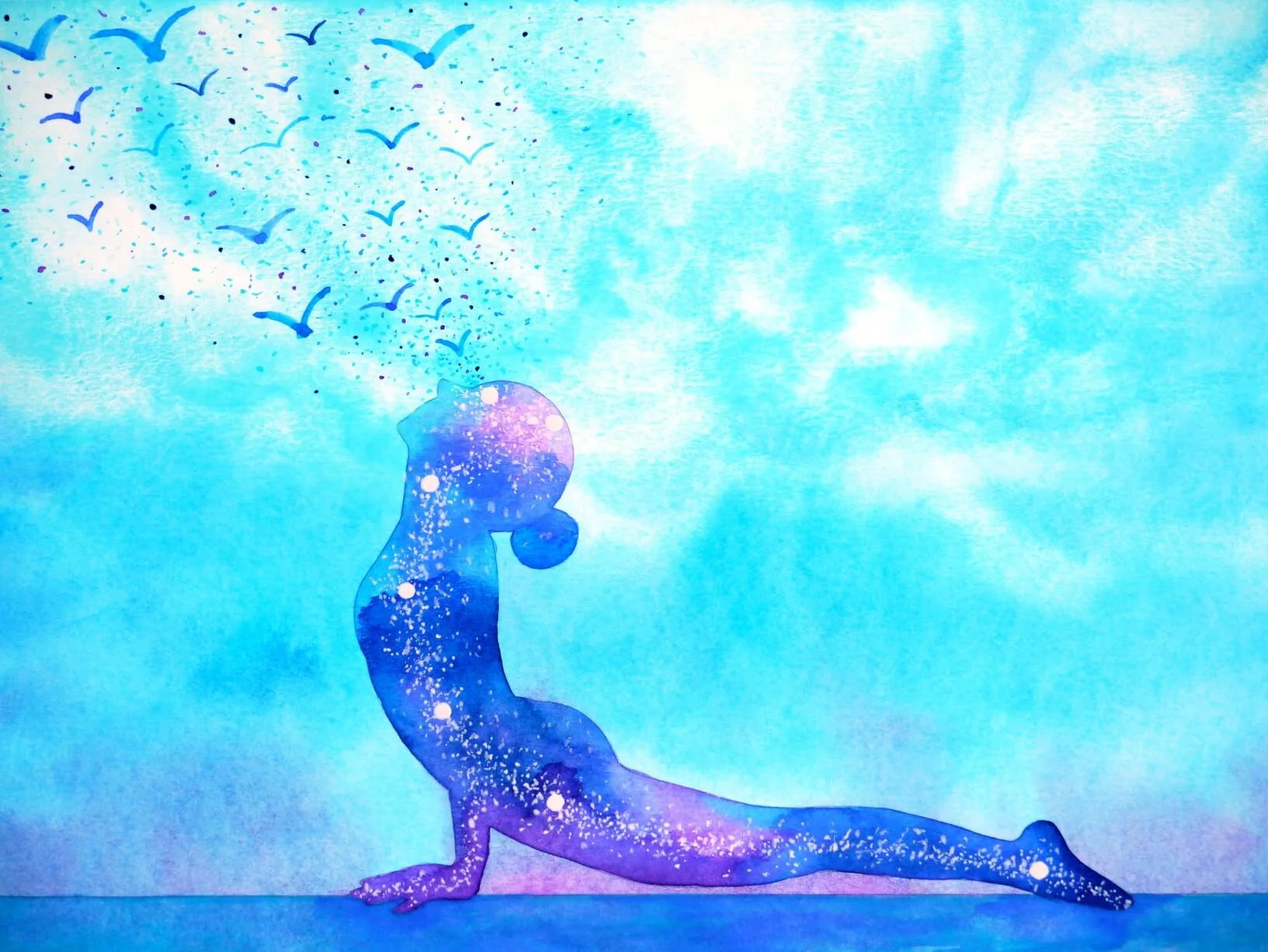One reason to meditate is so that you don't miss out on the beauty of your own life as you move through the day. It is so easy to lose the joy of life in the living of it, to get caught up in hurrying and mental chatter about how late you are, how many things you have to do. When we find the style of meditation that works for us, we often find that our senses open up, and our intuition becomes more accurate. And at the same time, we engage in the actions of our everyday life with more relaxation and ease.
Because of this, many people think that meditation is about being open and relaxed, but this is not actually true: meditation gives your nerves a chance to be in deeper contact with reality, and as a result you will be more open and relaxed much of the time, because there is not an immediate threat. And because your senses are more open, you can perceive both safety and danger more accurately. And ask any warrior: relaxation is a great place to come from when preparing for combat, if that is what's called for.
Another reason to not leave home without meditating is that if you are relaxed as your baseline experience, then when you get tense, it is a signal, a clear blip on your personal radar. Relaxation is like having a well-calibrated radar system, that gives few false signals.
Unless you are relaxed and at ease, you will have a lot of noise in your nervous system. If you are afraid all the time, and suspicious of everyone, you won't know when you actually are in danger, because your danger signaling system is blaring all the time. If your radar is showing threats that are not there, you will have to learn to ignore it to get any work done, and then real threats will go ignored.
This is why meditation is part of the training in many martial arts, and why meditation and martial arts training are complementary opposites, enriching each other.
As an aside, though, I have to mention that sitting on your ankles, or sitting cross-legged, can be very bad for the knees. Sitting in a chair with your feet on the ground is a great pose, plus it has that extra sense of groundedness.
In the following several sections, we cycle through the interplay between safety and danger, because this is the most basic of instincts. We will look at the way rhythm occurs in meditation experience, and we will approach the same point again and again, spiraling in at it from slightly different angles, because it is such a challenging issue for meditators. Most people never get it, and the lack of this understanding is a major reason people quit meditating. So forgive the repetition.










